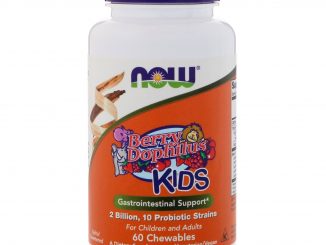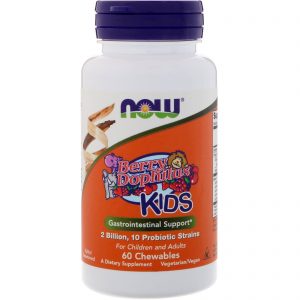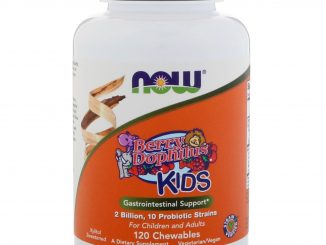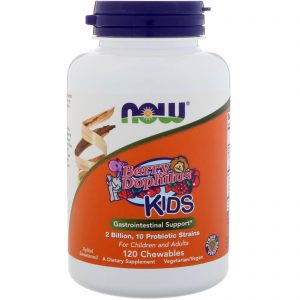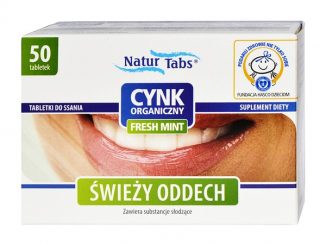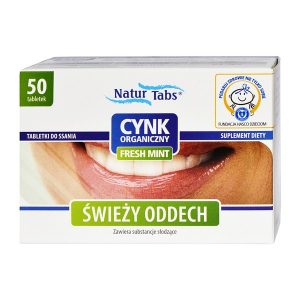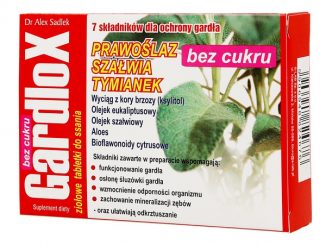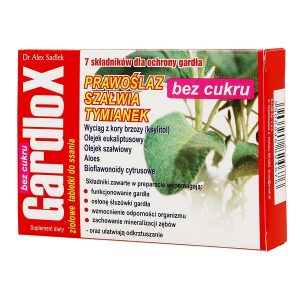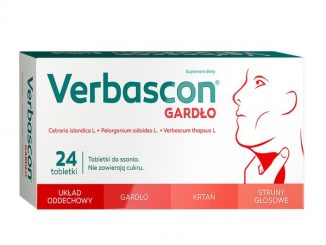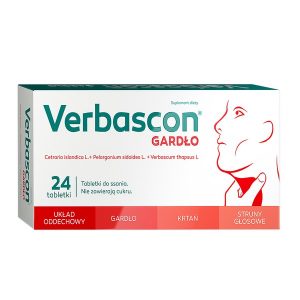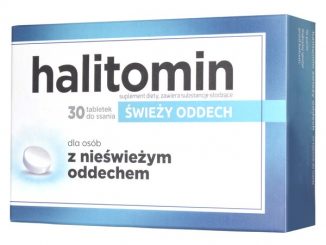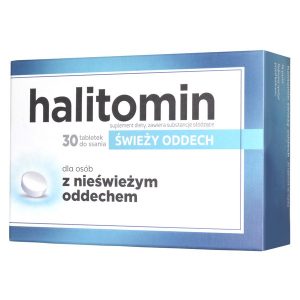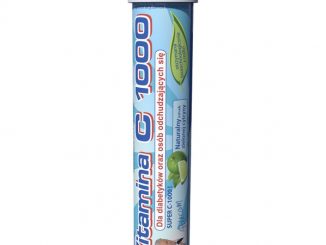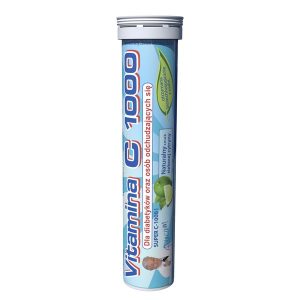The properties of Xylitol
Xylitol is used as a sugar substitute in manufactured products, such as drugs or dietary supplements, confections, toothpaste, and chewing gum, but is not a common household sweetener. Xylitol has negligible effects on blood sugar because it is metabolized independently of insulin.[9] Absorbed more slowly than sugar, xylitol supplies 40% fewer calories than table sugar. It is approved as a food additive in the United States.
No serious health risk exists in most humans for normal levels of consumption; The European Food Safety Authority has not set a limit on daily intake of xylitol. Due to the adverse laxative effect that all polyols have on the digestive system in high doses, xylitol is banned from soft drinks in the EU. Similarly due to a 1985 report, by the EU Scientific Committee on Food, stating that “ingesting 50 g a day of xylitol can cause diarrhea”, tabletop sweeteners containing xylitol are required to display the warning: “excessive consumption may induce laxative effects”. Chewing gum containing xylitol is permitted.


























































